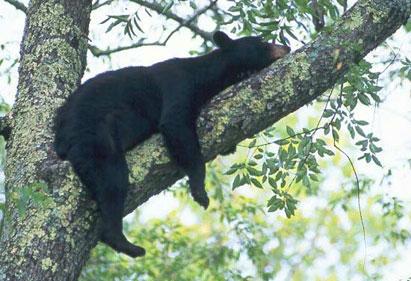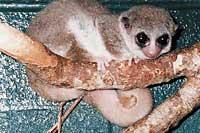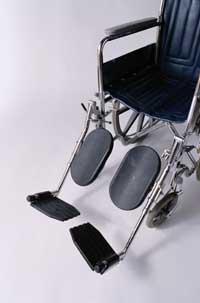Do the bears lose strength by hibernating?
2001/02/22 Elhuyar Zientzia

The muscles of people, like those of the mice used for research, lose strength and volume after a long time of rest; the skeletal muscles lose capacity and weaken. Therefore, something similar could happen to the bears wintering in their caves.
The black bear (Ursus americanus) spends 5-7 months a year hibernating. During this time the body temperature is reduced to 4 °C, does not drink, eat, make urine or cocoa, or make any movement.
For this reason, muscle biopsies of hibernated bears were performed and a series of known parameters were measured in people to compare them. The results were surprising, as the number and measurements of muscle fibers barely changed.
In view of this, researchers from the University of Wyoming in the United States applied to bears a method used with people with neuro muscular problems. This method is used to measure the weakness suffered by patients as the disease advances and is suitable for use with hibernated bears, since it does not cause any damage.
The patients who are camped and on simulated space flights, people lose 0.7% of their strength every day. Bears were expected to lose 90% of their strength after 130 days inactive. But they saw that they only suffered a loss of 23%.
It seems that the strength and volume of the skeletal muscles are maintained using a source of substitute proteins, recycling urea nitrogen for protein synthesis, or rhythmically exciting the muscles. If these processes are known, new pathways are opened for the treatment of muscle problems, for patients who must remain in bed for long periods of time, and for astronauts who make long space trips.

Gai honi buruzko eduki gehiago
Elhuyarrek garatutako teknologia





